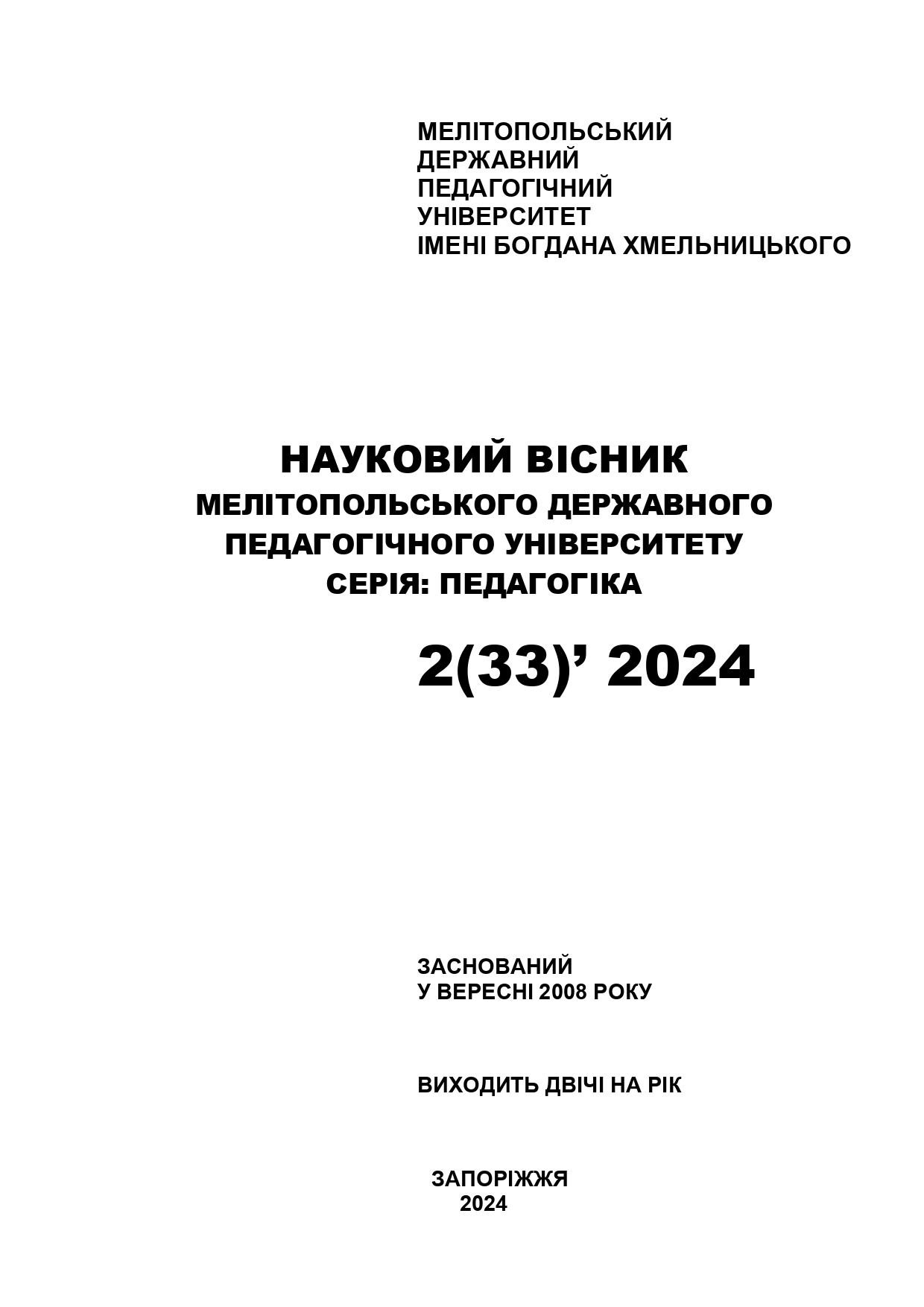Socio-pedagogical dimensions of inclusive education in European Union countries
Abstract
The article explores the relevance of inclusive education in modern society, emphasizing its role in creating equal opportunities for children with special educational needs (SEN). It highlights that integrating such students into mainstream education promotes their socialization and development. The study of European practices identifies key strategies for implementing inclusion, including curriculum adaptation, teacher training, and the establishment of supportive educational environments. Despite positive trends, particularly in EU countries, the implementation of inclusion faces challenges such as societal stereotypes, insufficient funding, and a lack of qualified professionals. At the same time, the document showcases successful practices in countries like Poland, Finland, Denmark, and others, where individual education plans, inclusive advisory centers, and specialized teacher training are effectively utilized. Ukraine has also made strides toward inclusion by adopting relevant legislation and creating inclusive classrooms. However, improving teacher training and leveraging international experience remain critical tasks for fostering a tolerant society that ensures equal access to quality education for all children. Thus, the text emphasizes the importance of a strategic approach to implementing inclusion both in Europe and Ukraine, facilitating the integration of students with SEN into society.




